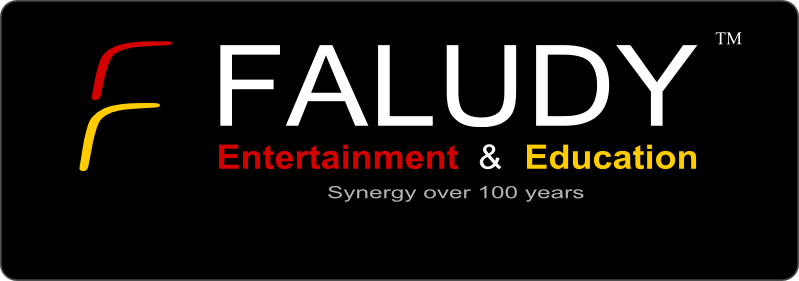....All key factors should be managed at top level. Of course many of us cannot reach the maximum of each key factor.
Place of Study
This is the environment of work where the configuration of student/teacher takes place. It can be a simple hall in a school, a circus studio or a circus school. It can be nonprofessional or professional.
In most cases the perfect configuration of student/teacher will reach good success and the place's quality level will not determine it. A good configuration solves many problems, it is only question of time and money. If you have found a perfect teacher than you do not really need to care about the place of study, especially in the beginning. In case you do not have a good S /T configuration, than you have to find a good place to study as that usually has good teachers.
Of course if you study in a high quality level place, you will save time and efforts to reach your goal.
How to choose a good place? Where to study? Circus school? Studio? ...
In most cases the perfect configuration of student/teacher will reach good success and the place's quality level will not determine it. A good configuration solves many problems, it is only question of time and money. If you have found a perfect teacher than you do not really need to care about the place of study, especially in the beginning. In case you do not have a good S /T configuration, than you have to find a good place to study as that usually has good teachers.
Of course if you study in a high quality level place, you will save time and efforts to reach your goal.
How to choose a good place? Where to study? Circus school? Studio? ...
Let us see what are the main quality parameters of the place of study:
- Brand
- Budget
- Administration
- Teachers
- Working Environment (building, props, mats, library, camcorder ...)
When your act is ready, than you need an easy take off in your career.
These days one of the best place to study is the National Circus School in Montreal.
It is a really competitive place at the circus education market. In the last 20 years they have build up a well known brand, they have good budget to run the school, the administration provides the students with a higher education certificate, the teachers are well known in the circus industry as they are following and adapting good techniques in most disciplines. And last but not least the working environment, the building of practice and all the equipment are up to date with high standards. When you have finished school than you just cross the street to Cirque du Soleil, or can easily meet well known contemporary circus companies such as Seven Fingers or Cirque Eloize in the same city: Montreal.
It is a really competitive place at the circus education market. In the last 20 years they have build up a well known brand, they have good budget to run the school, the administration provides the students with a higher education certificate, the teachers are well known in the circus industry as they are following and adapting good techniques in most disciplines. And last but not least the working environment, the building of practice and all the equipment are up to date with high standards. When you have finished school than you just cross the street to Cirque du Soleil, or can easily meet well known contemporary circus companies such as Seven Fingers or Cirque Eloize in the same city: Montreal.
"There are many schools, but good schools are never cheap."
- Education Report in Hungarian Radio
But not every prospective student has the money to pay for such a place. You can choose circus schools from the following list on the website of FEDEC (European Federation of Professional Circus Schools): FEDEC Circus School Directory.
A "good" place of study is not the main factor in many cases.... watch the next video:
Until than CHOOSE RIGHT!!!
All the best..... be the best!
György Losonczi





